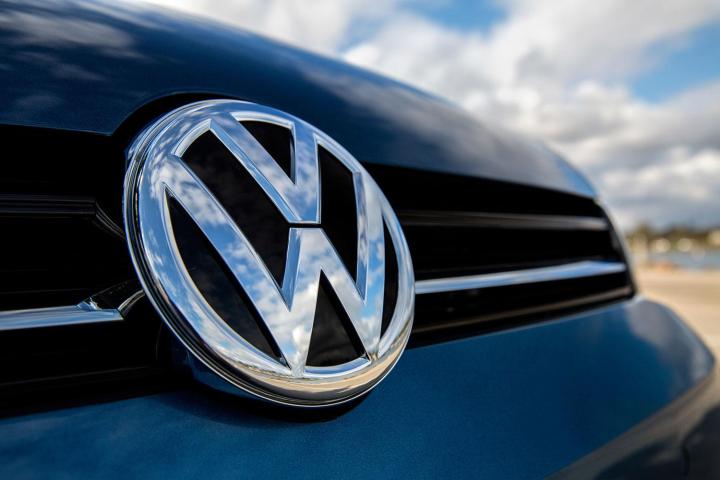
VW said it came across the “unexplained inconsistencies” during its internal investigation of the diesel emissions issue, a scandal that’s left the company’s reputation in tatters and is clearly far from over.
In a statement, the German automaker said that based on its present knowledge, around 800,000 vehicles may be affected by this latest discovery, adding that it could cost the car firm somewhere in the region of 2 billion euros (about $2.2 billion).
The company said the vehicles – which could also include other VW Group cars from the likes of Audi, Seat, and Skoda – were “mostly diesel,” indicating that the unfolding crisis has now spread to its gasoline-powered models.
Curiously, VW said a recall for this specific issue won’t be necessary, suggesting that its estimated costs refer to financial penalties that may be incurred as a result of its latest finding.
Details on the nature of this latest headache for VW are currently vague, though according to the NY Times, the inconsistencies are not related to the deceptive software involved in the original emissions scandal that lowered the amount of nitrogen oxide emitted during lab tests.
The Wolfsburg-based company said it intends to “immediately start a dialog with the responsible authorities regarding the consequences of these findings,” adding that such action “should lead to a reliable assessment of the legal, and the subsequent economic consequences of this not yet fully explained issue.”
It continued: “Volkswagen will endeavor to clarify the further course of action as quickly as possible and ensure the correct CO2 classification for the vehicles affected.”


